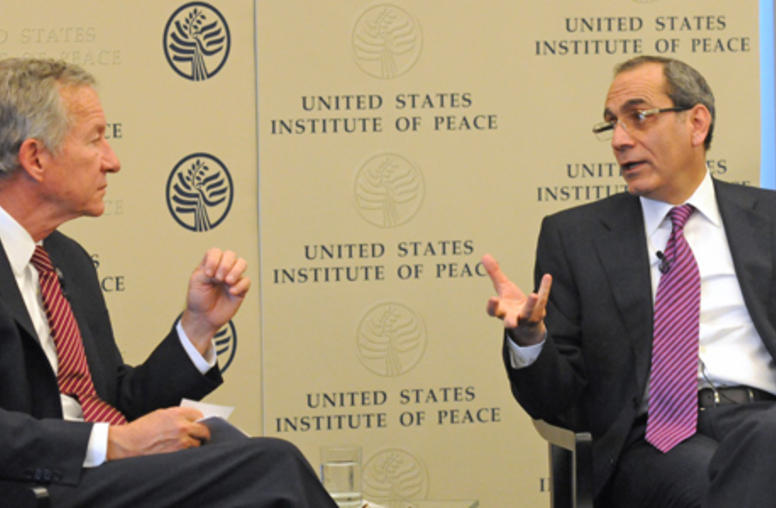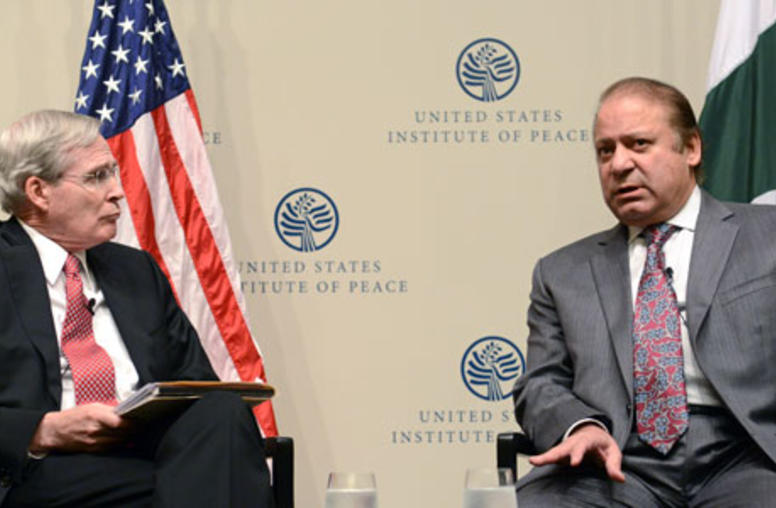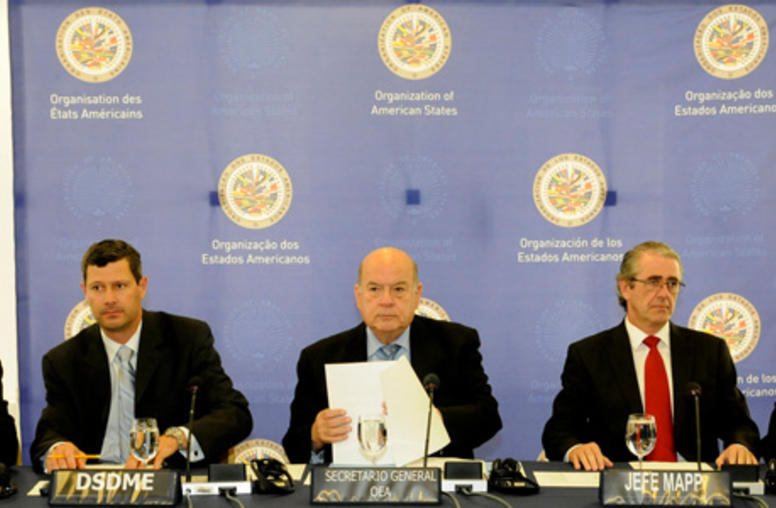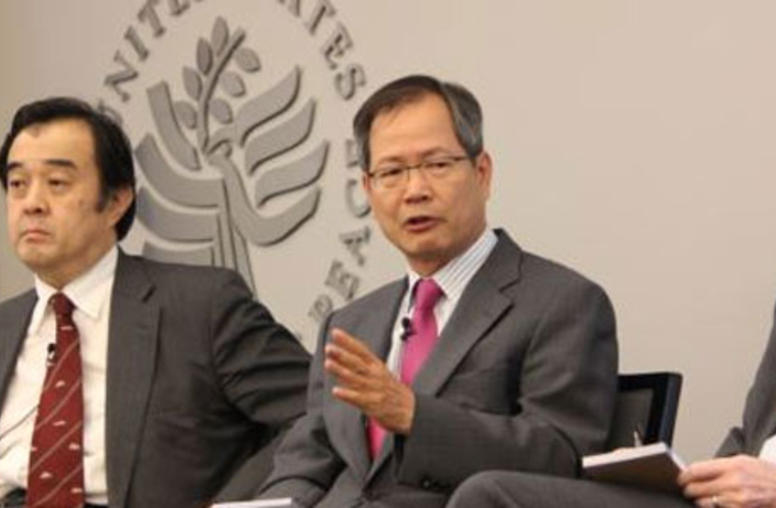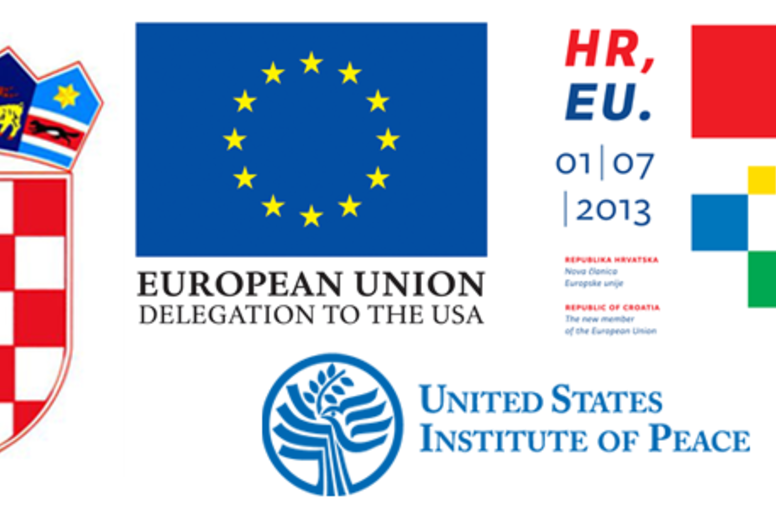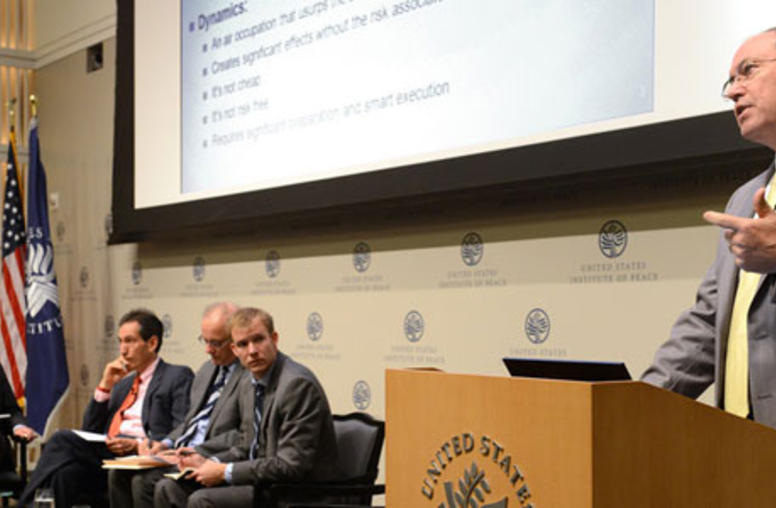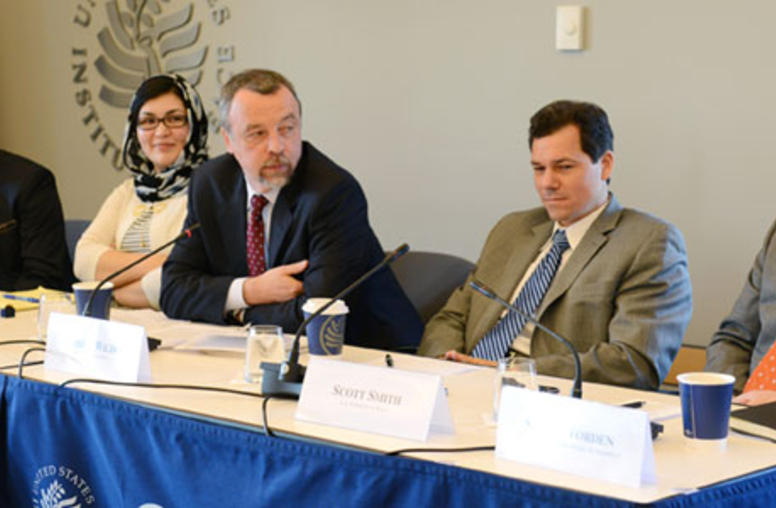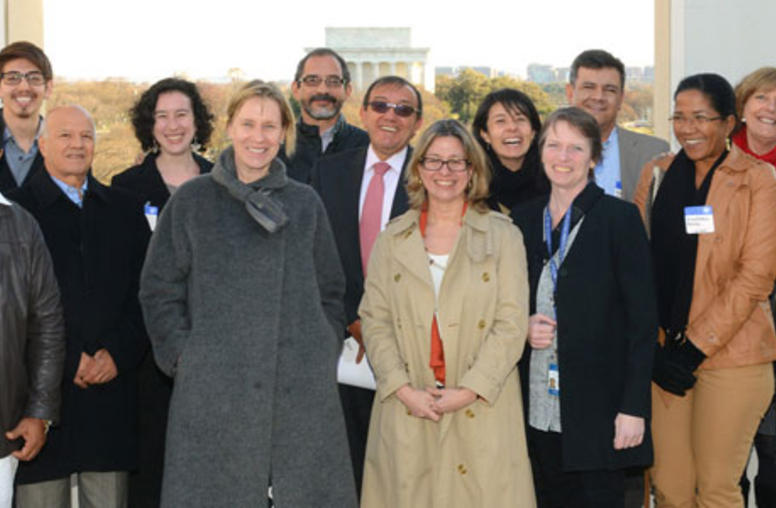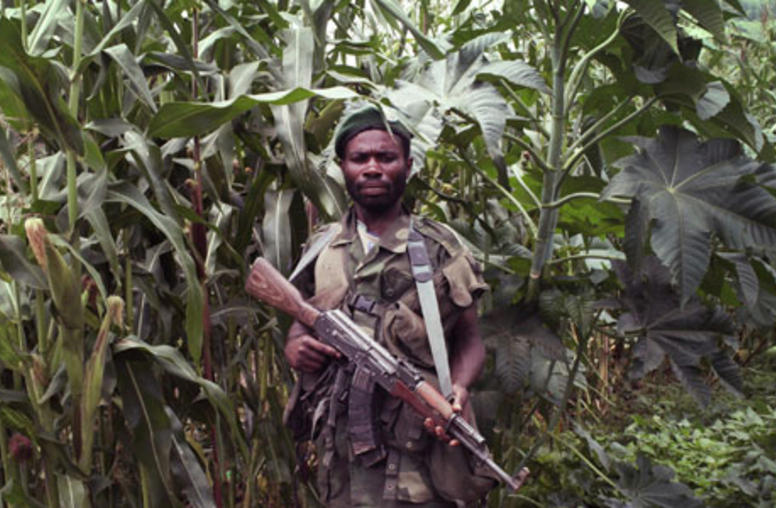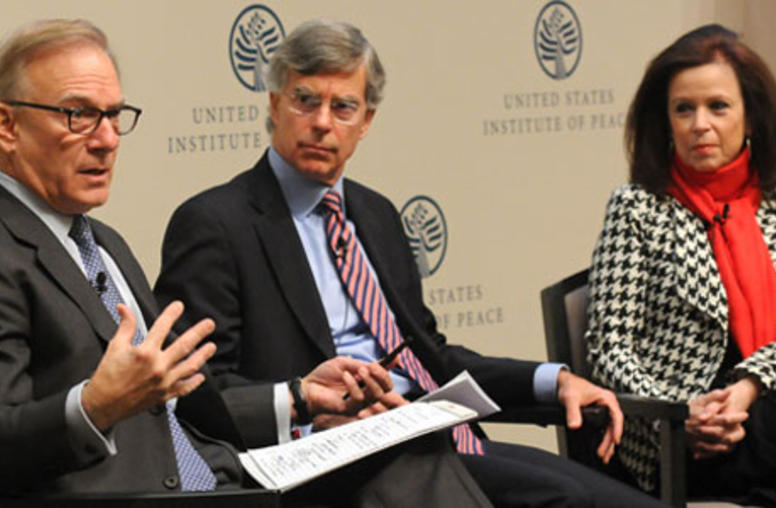
Inside Iran
Two long-time Middle East experts have recently returned from Iran. Their discussions with cabinet members, ayatollahs, hardliners, Members of Parliament, economists, opposition figures and ordinary Iranians offer rare insights into Iran’s increasingly vibrant political scene since President Rouhani took office and the implications of the new nuclear agreement. Robin Wright and David Ignatius offered fresh perspectives on what’s next.
